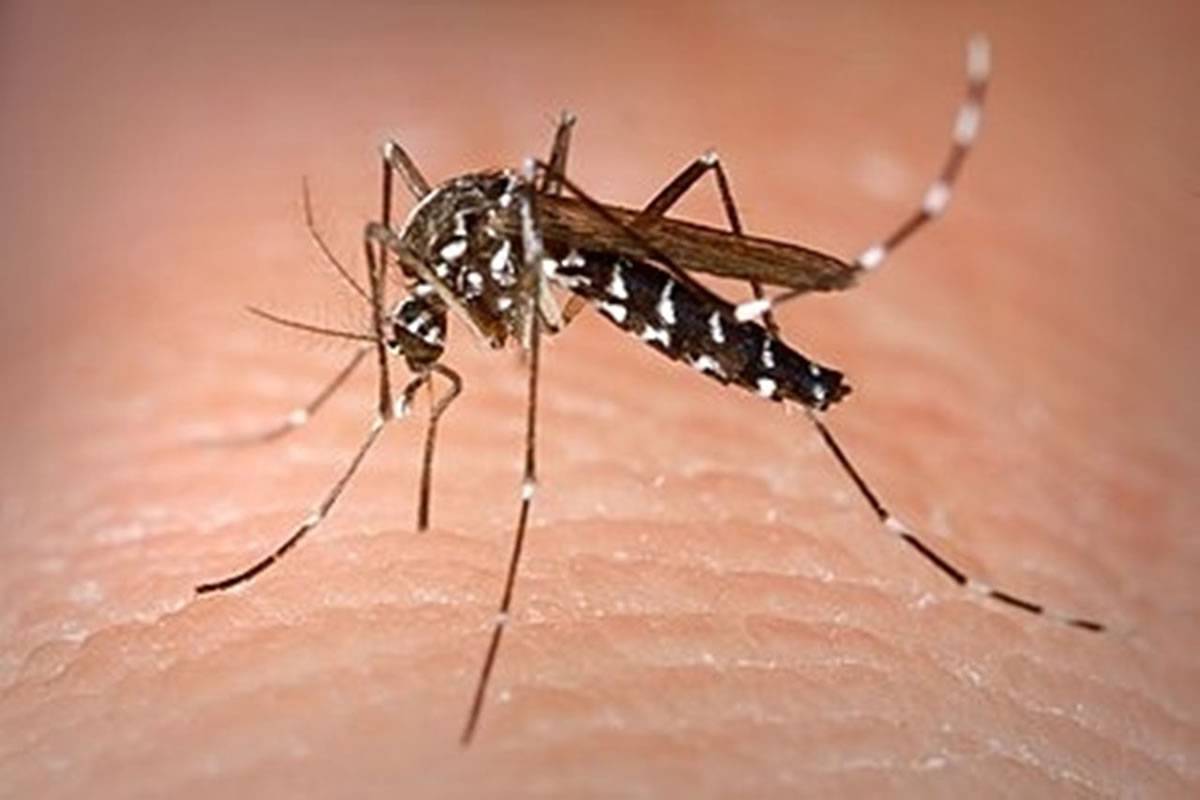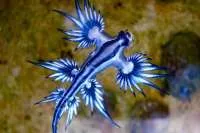Tiger mosquitoes are detected again in Tenerife
- 06-07-2024
- Tenerife
- Canarian Weekly
- Photo Credit: Stock Image
The Aedes aegypti mosquito has been detected again in the Canary Islands, prompting the Ministry of Health to activate the Entomological Surveillance System protocol. Specimens of Aedes albopictus were found in various growth stages in the port of Santa Cruz de Tenerife.
Aedes mosquitoes are smaller and darker than common mosquitoes, with silver bands on their bodies and striped legs. They typically bite in the early morning or evening and don’t make a buzzing sound. Only females bite as they need blood for reproduction and water for laying eggs. Anywhere with water can become a breeding site, making its elimination vital.
The discovery was made in two containers arriving from Castellón, an area in mainland Spain known for these mosquitoes. An analysis on July 4th revealed larvae and pupae in olive trees being transported to Tenerife. Santa Cruz port has been under active surveillance since January 2023 when a Tiger mosquito was first detected.
Following this detection, fumigation was carried out on both the containers and their contents as a preventative measure. The General Directorate of Public Health has informed the Port Authorities of Santa Cruz and Las Palmas, as well as the Santa Cruz Council, to implement further controls.
Canary Islands authorities have urged the national government to increase control measures for ships from regions known for Tiger mosquitos, as plant trade from these areas is confirmed as an entry route for this invasive species.
Recommended Actions:
The Ministry of Health has issued the following recommendations for people to follow to prevent them breeding and increasing in number.
1. Flowerpots: Place sand in saucers to avoid standing water, or empty and clean them weekly.
2. Plant Care: Avoid growing plants in water; switch to soil. Change vase water daily.
3. Outdoor Maintenance: Store empty containers upside down. Remove standing water from gardens, patios, and terraces.
4. Animal Care: Change pet water daily and keep containers covered. Ensure rainwater collectors are sealed.
5. Pools: Keep them chlorinated and circulating daily; empty pools pose a significant risk.
6. Appliances: Clean refrigerator trays and air conditioning units to prevent water accumulation.
7. Drainage: Regularly clean outdoor drains to prevent water stagnation.
By following these measures, the spread of invasive mosquito species can be controlled, protecting public health.
Other articles that may interest you...
Trending
Most Read Articles
Featured Videos
A Vision of Elvis Tenerife Promo
- 10-05-2025
Tenerife Travel Guide
- 13-12-2024
Live webcam from Lanzarote airport
- 13-12-2024





























































